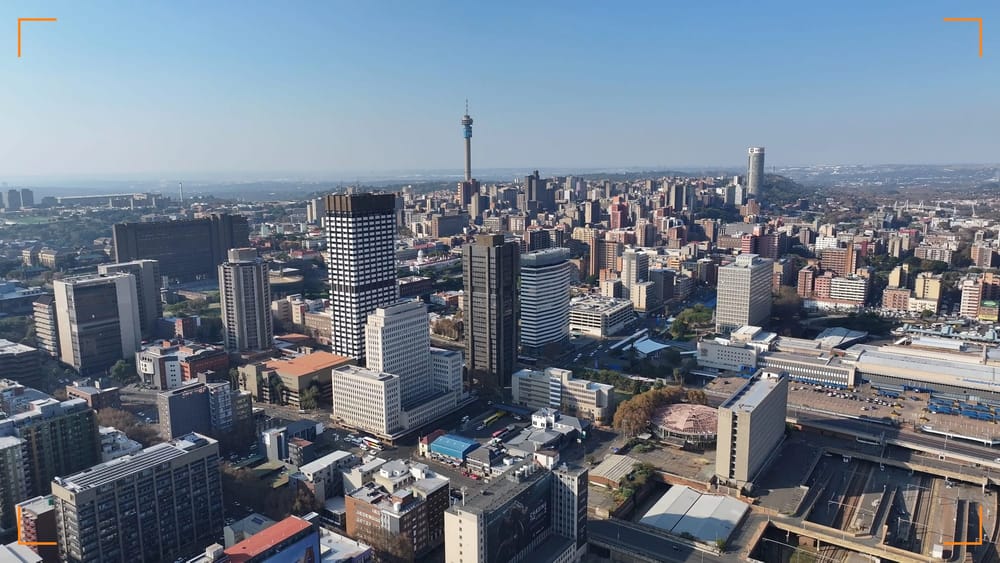
Report Details
Initial Publish Date
Last Updated: 27 MAY 2025
Report Focus Location: Europe
Authors: AGC, MA
Contributors: GSAT
GSAT Lead: MF
RileySENTINEL provides timely intelligence and in-depth analysis for complex environments. Our global team blends international reach with local expertise, offering unique insights to navigate challenging operations. For custom insights or urgent consultations, contact us here.
Report Summary
This study presents a thorough examination of the current geopolitical and security environment throughout Europe-Eurasia, with an emphasis on high-profile developments in Europe.
- Political fragmentation continues to reshape Europe’s electoral landscape, with recent elections in the UK and Portugal showing a marked decline in support for traditional parties and rising influence of populist and fringe movements. The far-right Chega nearly equaled Portugal’s Socialists in vote share, while Reform UK surged in English local elections.
- Germany’s leadership transition to Chancellor Friedrich Merz, though successful in a second-round vote, revealed early coalition fragility and triggered financial market concerns.
- Romania’s election of pro-EU candidate Nicușor Dan provides short-term political stability, reinforcing the country's alignment with NATO and EU institutions. However, the strong first-round performance of far-right challenger Simion highlights persistent domestic polarization.
- Security risks from hybrid and cyber threats are intensifying, with Finland reinforcing its border with Russia, Poland intercepting suspected sabotage attempts, and the Netherlands passing expanded anti-espionage laws amid fears of Chinese and Russian cyber activities.
- France and Spain exposed vulnerabilities in critical infrastructure, with France responding to suspected sabotage on its southern grid and Spain investigating unexplained grid oscillations linked to a historic blackout affecting 55 million people.
- Germany formalized its first post-WWII permanent military deployment abroad, with the launch of Brigade Lithuania, solidifying its NATO commitment and signaling a historic shift in Berlin’s defense posture.
- Hungary proposed sweeping legislation to suppress foreign-funded organizations, drawing criticism for emulating Russia's “foreign agents” law and threatening the operational space of NGOs and independent media.
- Norway forecast record oil and gas investments in 2025, reaching NOK 269.1 billion (~$26.6 billion), reaffirming its role as a cornerstone of Western Europe’s energy resilience amid global transition pressures.
- Environmental resource competition is emerging as a new geopolitical flashpoint, with Switzerland and France finalizing a water-sharing agreement over Lake Geneva, as future nuclear energy demands collide with climate-driven water scarcity projections.
Remaining content is for members only.
Please become a free member to unlock this article and more content.
Subscribe Now





